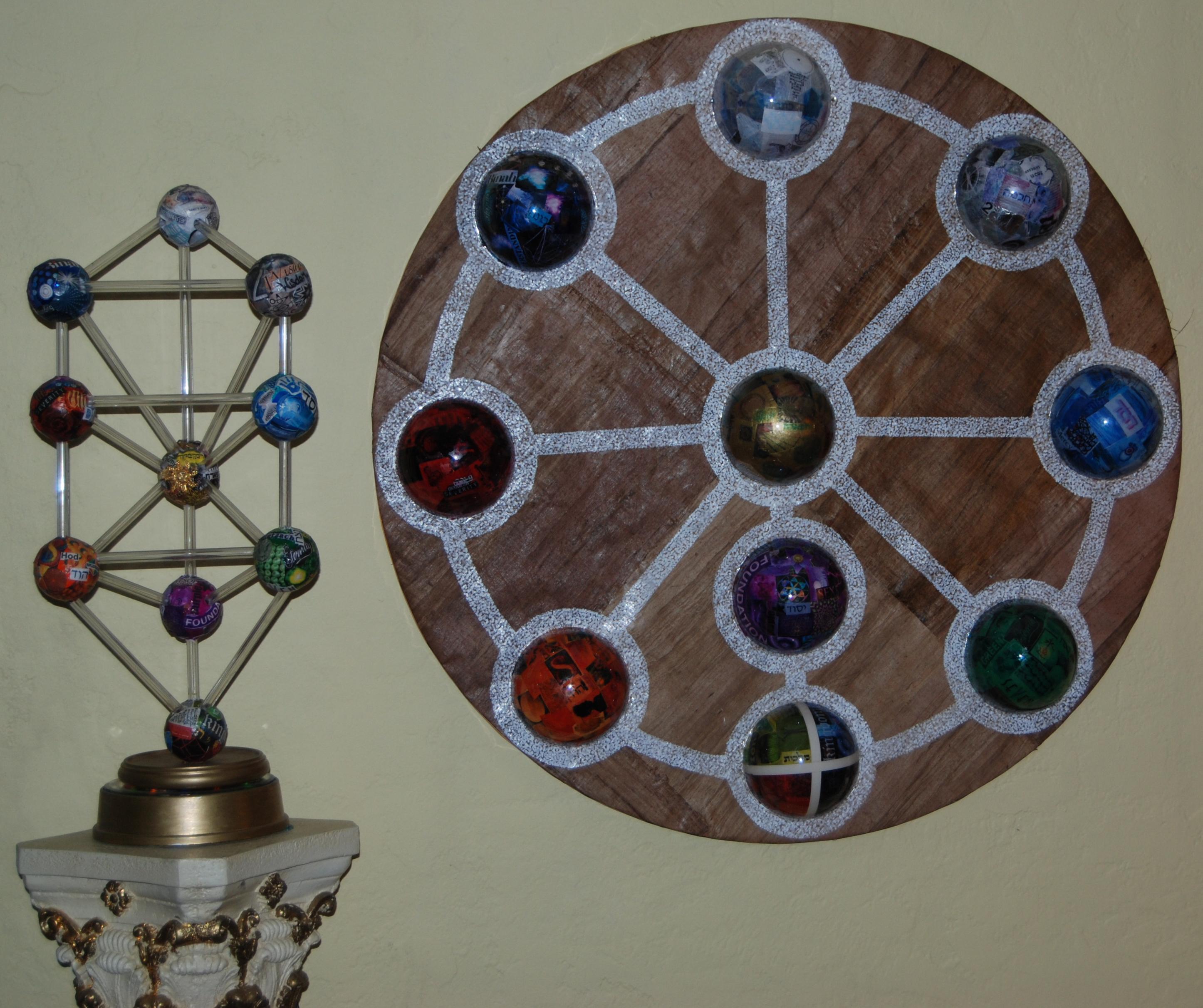Should you believe in a God? Not according to most academic philosophers. A comprehensive survey revealed that only about 14 percent of English speaking professional philosophers are theists. As for what little religious belief remains among their colleagues, most professional philosophers regard it as a strange aberration among otherwise intelligent people. Among scientists the situation is much the same. Surveys of the members of the National Academy of Sciences, composed of the most prestigious scientists in the world, show that religious belief among them is practically nonexistent, about 7 percent.
Continue reading Religious belief the world over has a strenuous relationship with intellectualism. But why?
Monthly Archives: January 2016
Mechanics of Transcendental Meditation
The founder of the Transcendental Meditation technique, Maharishi Mahesh Yogi, discusses the mechanics of the technique.
Continue reading Mechanics of Transcendental Meditation
What Is Kabbalah?
Kabbalah is the name of an occult philosophy and theosophy that developed among Jews in Babylonia, and later Italy, Provence, and Spain, between the sixth and thirteenth centuries A.D.
Consciousness Is Not Mysterious It’s just the brain describing itself—to itself.

When Isaac Newton was 17 years old, he performed a series of experiments with prisms and light beams. Within weeks he discovered the scientific explanation for color, invented the reflecting telescope, proposed the particle theory of light, and deduced that the human eye contained three receptor types corresponding to the three primary colors. Not bad for a teen. Continue reading Consciousness Is Not Mysterious It’s just the brain describing itself—to itself.


